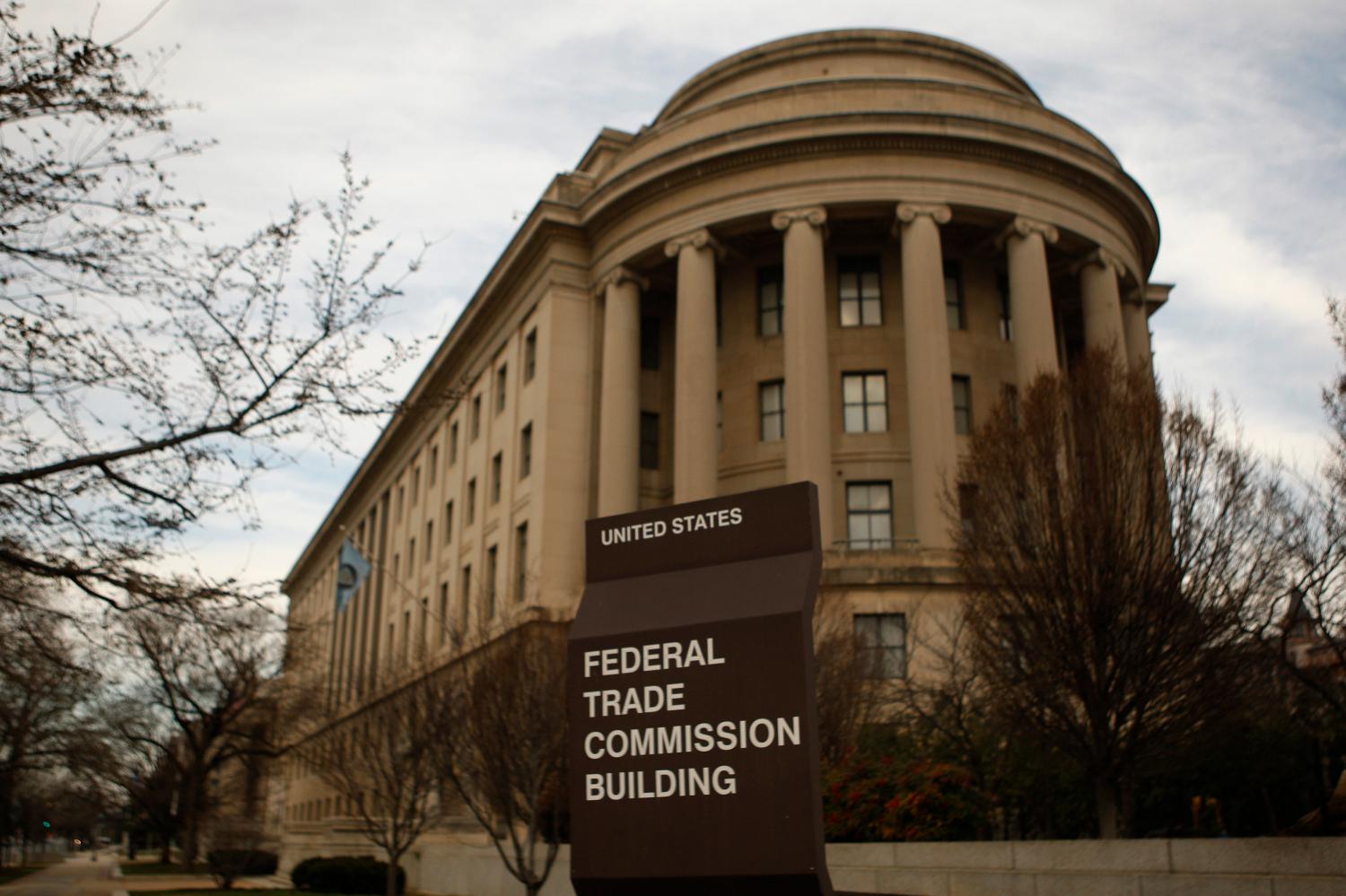Though a key priority for the Center on Regulation and Markets will be on improving the regulatory process, the Center will also draw on policy research from industrial organization, urban economics, transportation economics, and other sub-disciplines of economics to examine how successful is government intervention at addressing market failures such as externalities, public goods, imperfect information, monopoly, and natural monopoly.
This work will be encompassed in the Center’s Series on Market and Government Failures and will help analyze and construct regulatory frameworks around many issues of public concern, including mergers, urban planning, and the development of exciting new technologies like driverless cars.
For example, in industrial economics, an ongoing issue is whether antitrust enforcement should be intensified in the wake of growing concentration in a number of industries. Concentration may be increased by mergers, so there is considerable interest in assessing whether a specific merger should be approved or opposed. This issue arose with when Staples and Office Depot proposed a merger that they claimed would make them more competitive against Walmart and Target, which also provide office supplies. The Federal Trade Commission opposed the merger. In the future, the Center intends to provide perspective on such mergers by presenting evidence that is relevant to understanding the office supply market and by drawing on scholarly research that has examined the economic effects of merger enforcement.
In urban economics, an increasingly important issue is the treatment of land-use regulations, which are intended to address externalities. For example, local regulations that establish minimum lot sizes attempt to limit congestion, a major externality, on local streets and excess demand for parking places. But such policies increase housing prices and promote sprawl by reducing residential density. The Center intends to draw on the developing academic research in this area to determine on benefit-cost grounds whether minimum lot sizes should be required in U.S. metropolitan areas or whether they should instead be eliminated.
In transportation economics, perhaps the most pressing issue concerns driverless technology. What regulations could encourage the nation to adopt autonomous vehicles, which have great potential to reduce congestion and accident fatalities and injuries? States have varied in their reactions to the eventual adoption of autonomous vehicles on the nation’s roads. Currently, 16 states have enacted legislation to allow testing of those vehicles on their roads, while other states have not taken any action. The Center’s experts could offer guidance to both the National Highway Traffic and Safety Administration and state Departments of Transportation on designing a careful, coordinated regulatory policy that expedites the adoption of autonomous vehicles nationwide, and to state legislators to understand the benefits of this new technology, accounting for the safety of motorists and alleviating the concerns for this new technology.
The Series on Market and Government Failures will encompass the market failures summarized above and: (1) assess policies to address them, (2) identify government successes and failures, (3) analyze the institutional forces that shape a regulatory policy and its outcome, and (4) recommend corrective actions where appropriate.
The Brookings Institution is committed to quality, independence, and impact.
We are supported by a diverse array of funders. In line with our values and policies, each Brookings publication represents the sole views of its author(s).





Commentary
Introducing the Series on Market and Government Failures
December 2, 2016